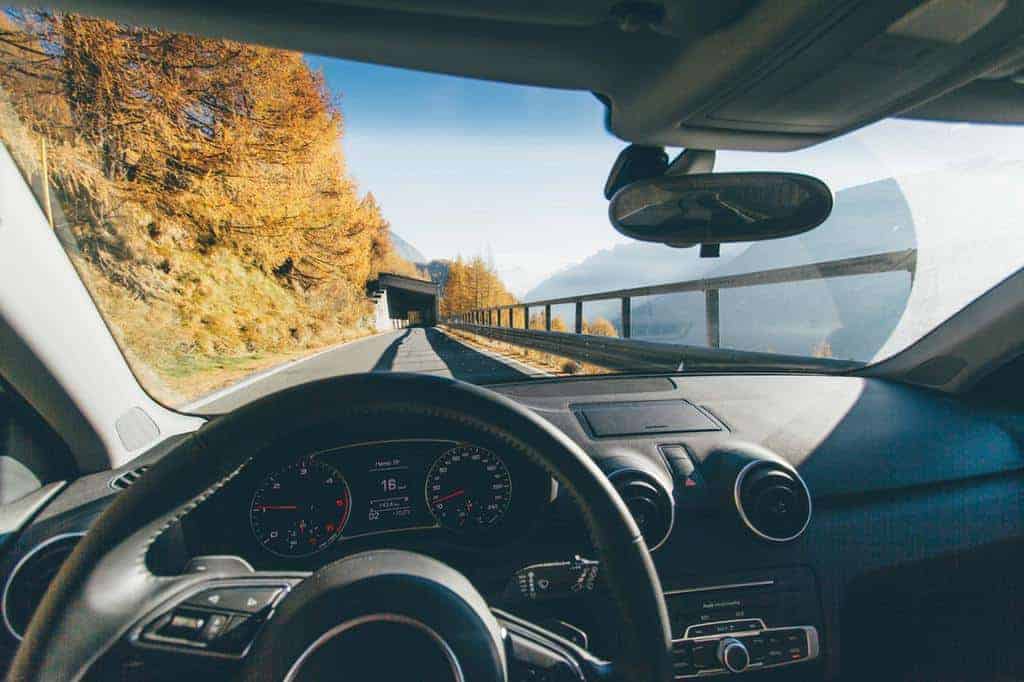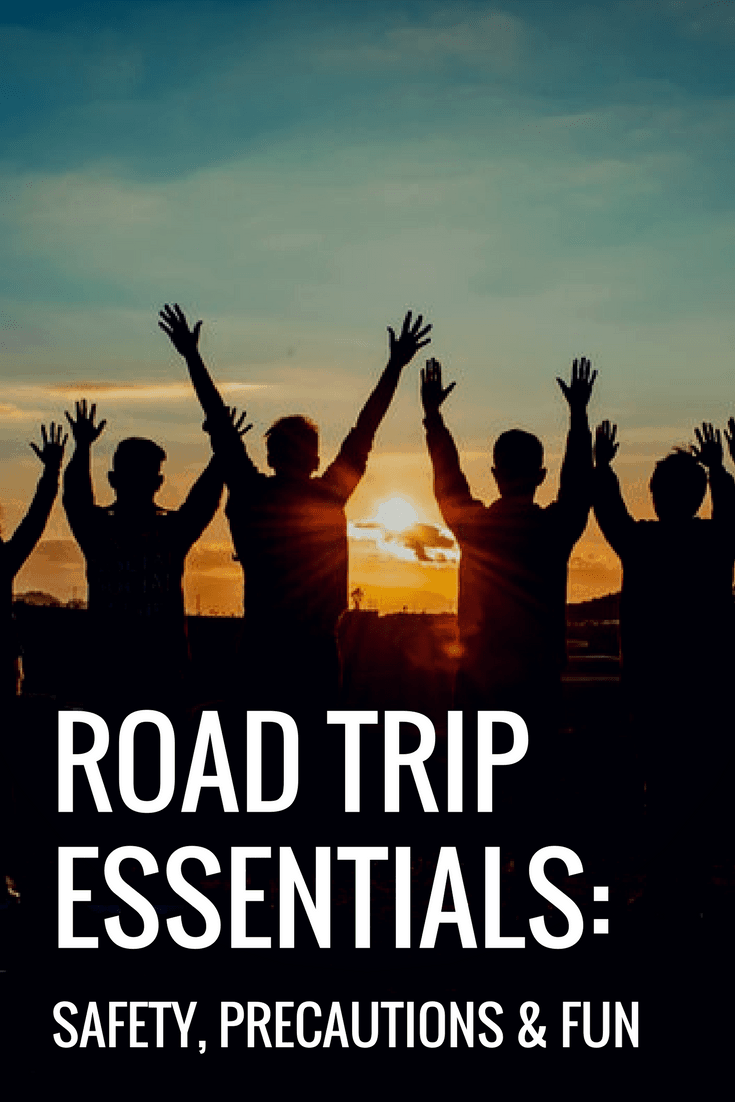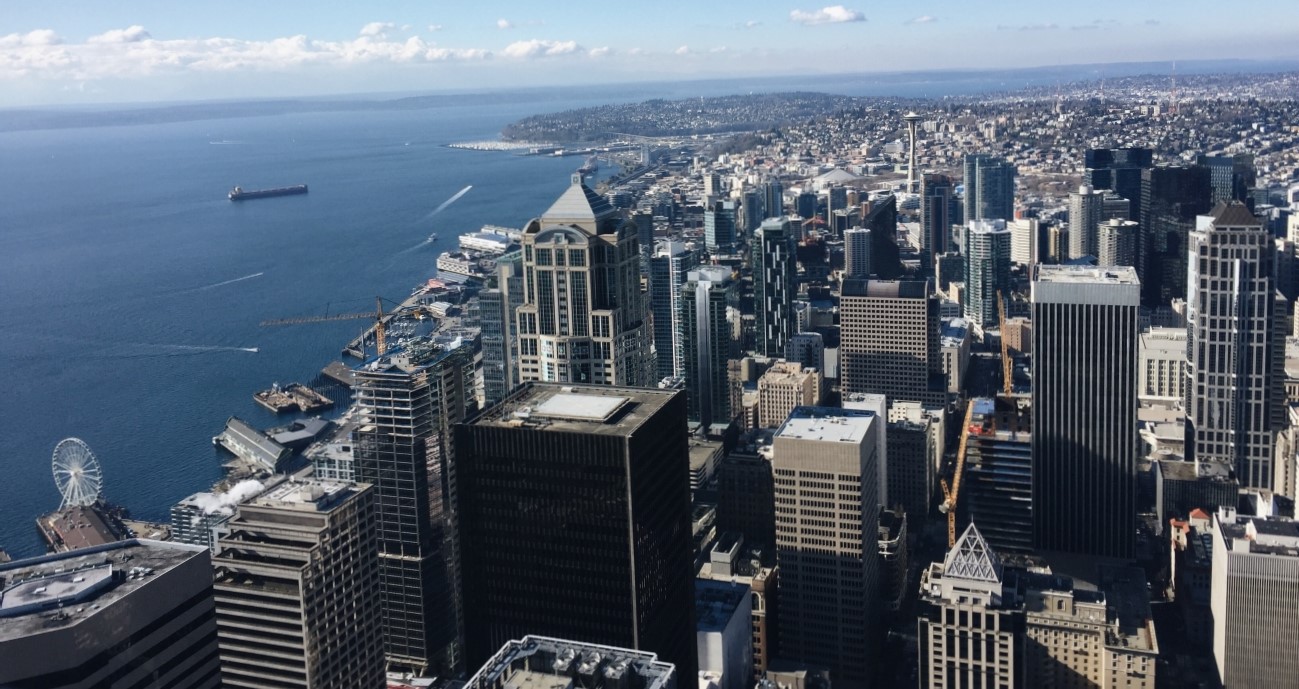Road trips can either be the greatest or worst trips you take – but it all depends on you and your personal road trip essentials! Not only do you need to stay organized and be confident with your driving skills and sense of direction, but you also must take into account all the factors that sustain your emotional and physical well-being as well as that of the fellow road trip buddies going with you.

I remember driving for the first time from San Diego to San Francisco with two of my college best friends and my dog, Charlie, during our first year at university. Boy, was that weekend trip a feat to behold – not just because my friends and I drove for eight hours, but it was the first serious road trip we’ve all taken, and frankly, we could have been more prepared than we were. The drive wasn’t all beach cruising, delicious food, and never-ending mixtapes. Through our experience during that trip, I compiled our best tips and road trip precautions that make or break a future trip for you below:
Taking in the car for necessary maintenance and tune-up
Whatever you do, never go on a road trip without taking your car in for a tune-up and maintenance. In fact, ensure your car is OK to drive long distance overall. Make sure your brakes are working properly, lights are not malfunctioning, tires are at the right air pressure, and your oil is changed and not a hazard to damaging your engine. You always want to prevent any potential accidents or injuries as well as prolong the life of your vehicle. Long-term neglect of its basic features can shorten its lifespan and make it dangerous to drive.

My friends and I drove a 2006 silver-stunner of an SUV during our trip. This car has seen a million concerts, local events, and not-so-graceful nights after the bar. As a blissfully ignorant college student, all that was going through mind my mind was that all four of us (yes, Charlie counts as the fourth person of the squad) would only have to worry about not spending too much money on food and getting back to class on time the following Monday morning. What we didn’t expect was our car breaking down within the third hour because we never changed the oil which led to engine problems, and then blowing a tire, with no spare in the trunk. You should never forget about giving attention to minor details that make a huge difference to the functionality of your car.
Knowing routes and directions ahead of time
Don’t waste time by getting lost. Familiarize yourself with the routes, directions, and backroads that surround your destination ahead of time. Sometimes, missing an exit happens – but you won’t panic if the event occurs since you will know exactly how to get right back on track. In addition, you should have both a built-in navigation feature into your GPS or smartphone and a physical map that encompasses the surrounding area of your destination. Another smart move to make would be to mark where pit stops, gas stations, and restaurants are located on the route as well so you can plan breaks in driving accordingly. From personal experience, I can tell you that you will save yourself the outbursts of aggravation that result from getting lost in an unknown city without reception.
Packing an emergency kit
Unexpected situations can always occur during a road trip such as a flat tire, being short on cash, or suffering an accidental injury. My buddy, Tom, suffered a gnarly fall on the asphalt and ended up with a serious gash on his knee just before we hit San Francisco. Guess who didn’t have bandages in the backseat or an emergency kit?
It’s imperative to keep an emergency kit in the trunk at all times. It should include basic medical supplies, food and water, money, and clothes that are appropriate for every season. Furthermore, you should take care to include the medical record numbers of every person within the vehicle and contact information of both your local doctors and the destination’s hospitals. To top it all off, invest in traveler’s insurance to financially cover the cost of an unanticipated incident and save money you didn’t plan on spending.
Keeping sources of food and water nearby
Don’t let yourself get hungry or dehydrated as a driver or passenger. Nourishment and replenishment may not be available for miles or another few hours. I provide testimony to this as the main driver who almost fell asleep in the middle of a long drive because I didn’t eat a proper breakfast nor had anything on hand to replenish myself. I thought that I could just eat and hydrate at every pit stop.

Learn from my mistakes; pack a cooler filled with ice packs to store cold drinks and pre-prepared snacks and meals when your appetite kicks in. This is especially important if you’re the driver because you never want to suddenly risk feeling drowsy or fatigued behind the wheel, thus, potentially jeopardizing the safety of both yourself and others in the vehicle.
Taking into account the needs of the people going on the road trip with you
If not traveling alone, who are the other people in the car with you? This includes a partner, children, relatives (like the elderly), friend, or even pets! Everyone is going to need specific accommodations that both entertain and keep them comfortable on the long trip. For example, provide children with activities that can reduce their chances of throwing a tantrum. Road games, audio books or coloring work well. On the other hand, an elderly relative may need extra comfort and require the use of many supportive pillows to keep their back from hurting. Lastly, you can’t forget a pet! Pets are going to need water and food as well and will need to take bathroom breaks on the side of the road. Also, make sure pets sit still in their carrier or are securely strapped to a seat to minimize distraction. College students and a dog weren’t hard to accommodate for, but you may be traveling with extra family or animals.
Educate yourself on basic safety knowledge and common sense
Last but not least, stay aware of your surroundings and the people around you. Be cautious of strangers at pit-stops and watch out for potential crime situations. You also want to keep valuables out of sight in your vehicle at all times to prevent any temptation of theft. Lastly, you should never walk in unfamiliar or isolated places on your own. Use the buddy system if traveling with others and make sure to stay in crowded and open areas.
If my friends and I made it to San Francisco and back to San Diego in one piece, despite being ignorant of these precautions, imagine how much easier and enjoyable your next road trip experience will be!
Have you made any road trip faux pas? What was your best road trip? Do you go alone or with friends? What are your road trip essentials?






























Join the discussion 3 Comments